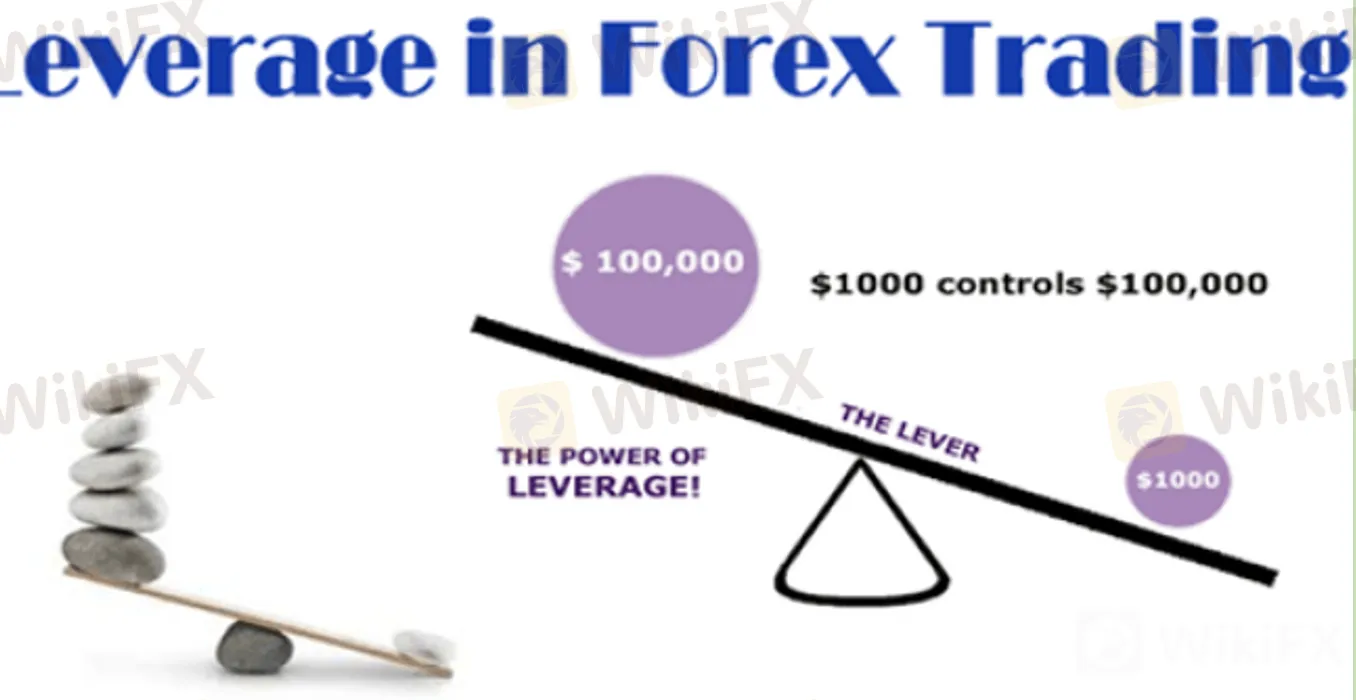How forex trading works
Foreign exchange trading attempts to make a profit by predicting the value of one currency compared to another.To get more news about Forex Trading, you can visit wikifx.com official website.
FX trading is normally conducted through 'margin trading'. A small collateral deposit worth a percentage of a total trade's value is required to trade.
Trading in international currencies requires a huge amount of knowledge, research and monitoring. Before you put your money on the line, get independent advice from a licensed financial adviser.
Contracts for difference (CFDs)
are a way of betting on the change in value of a foreign exchange rate. CFDs can also bet on a change in share price or a market index. You're not buying the underlying asset, just betting on the price movement.
CFDs often use borrowed money, which can magnify gains or losses. For every person who wins, there is a person on the other side of the contract who loses the same amount. You will also have to pay expenses.
CFDs are generally highly geared products. The money you invest will generally only be a fraction of the market value of what you're 'contracting' for.
Risks of forex trading
Small market movements can have a big impact. Most FX trading products are highly leveraged. You only pay a fraction of the value of your trade up-front, but you are still responsible for the full amount of the trade.
Exchange rates are very volatile. They tend to move around a lot even within very short periods of time. There are significant investment risks as currency fluctuations may move against you, causing you to lose money.
Currency markets are extremely difficult to predict. Many difference factors affect exchange rates
Limited protection from risk management systems. Stop loss orders will only cap your losses. You may also pay a premium price to guarantee your stop loss order.
Forex scams and fraud. Offers and advertisements that sound too good to be true probably are. Read what the US Commodity Futures Trading Commission has to say about foreign currency trading fraud.
Forex provider risks. If your FX provider became insolvent, you may not get your money back.
Trading delays can severely affect results. You may not be able to make trades when you'd like to, because of a lack of liquidity Forex trading software programs, seminars and courses
Forex software programs available for forex trading. They may claim their programs can let you know when to make trades. But no person or program can ever accurately predict movements in foreign currencies.
Be wary of companies promoting a particular product that gives you access to better exchange rates or easy money. They may let you trial their trading platform for free at first. This is usually just a teaser for you to buy the software or platform.Different forex products involve different risks. Read the product disclosure statement
Check that the forex provider has an Australian Financial Services (AFS) Licence. ASIC Connect's Professional Registers will tell you if they do.
If the provider doesn't have an AFS licence, check it's regulated by an appropriate overseas authority. Trading with these providers may not give you recourse to Australian laws. See check an investment company or scheme.